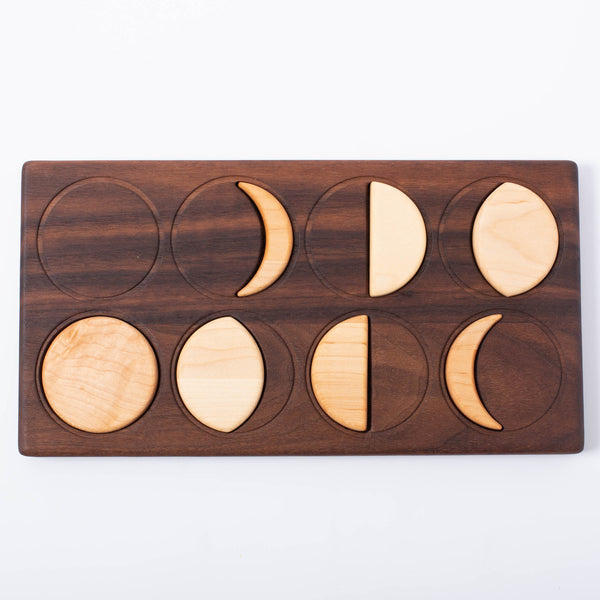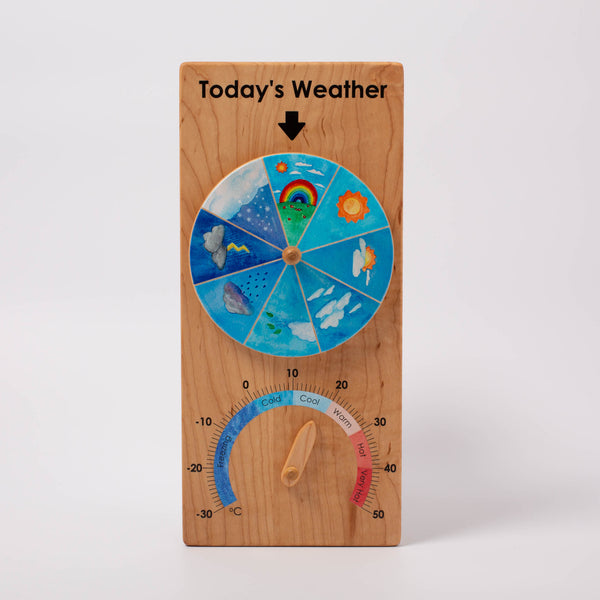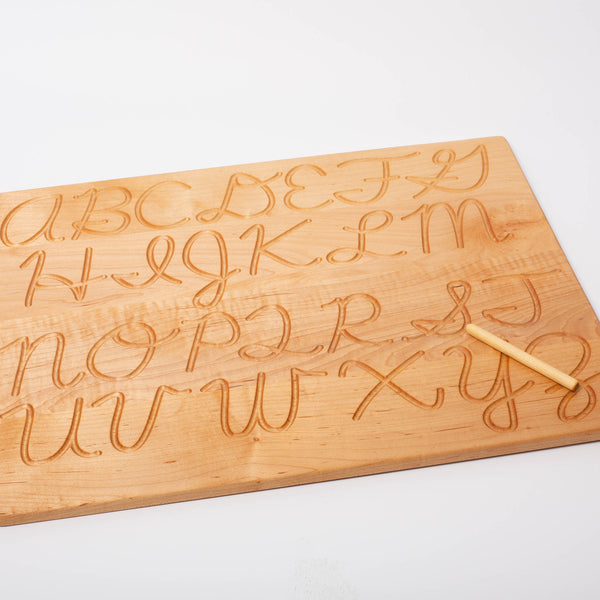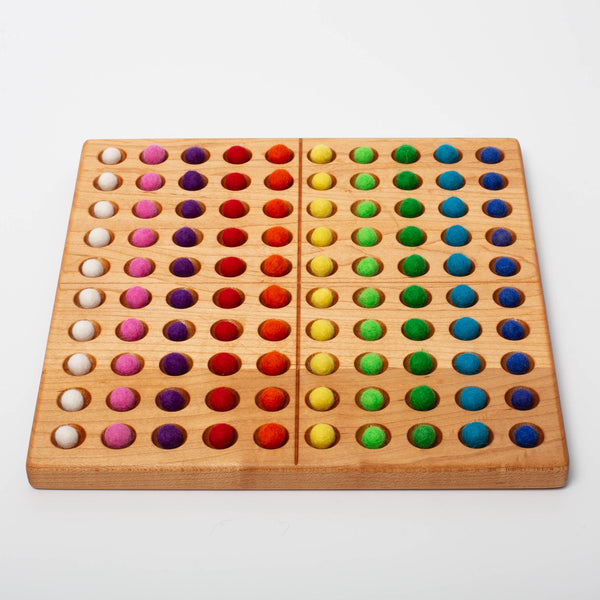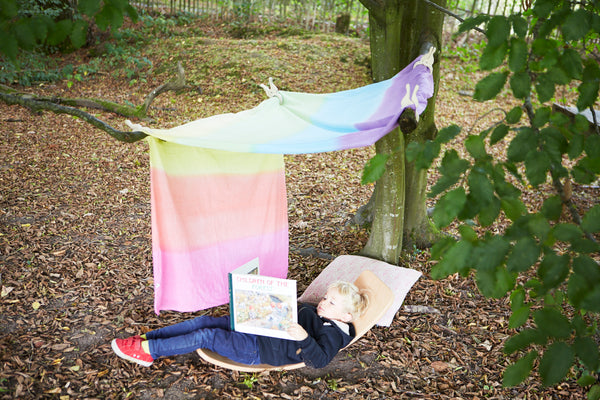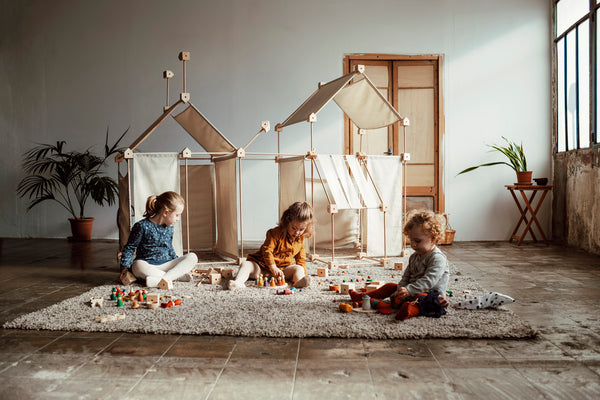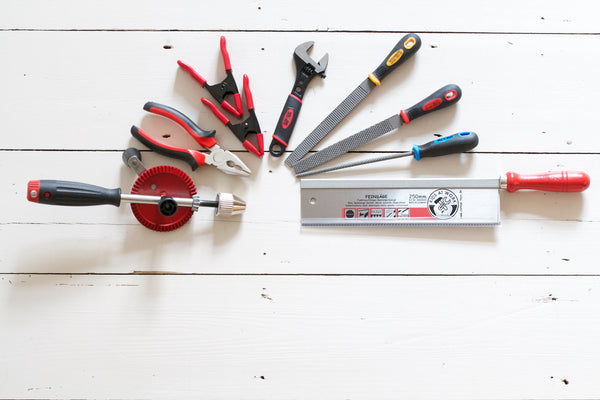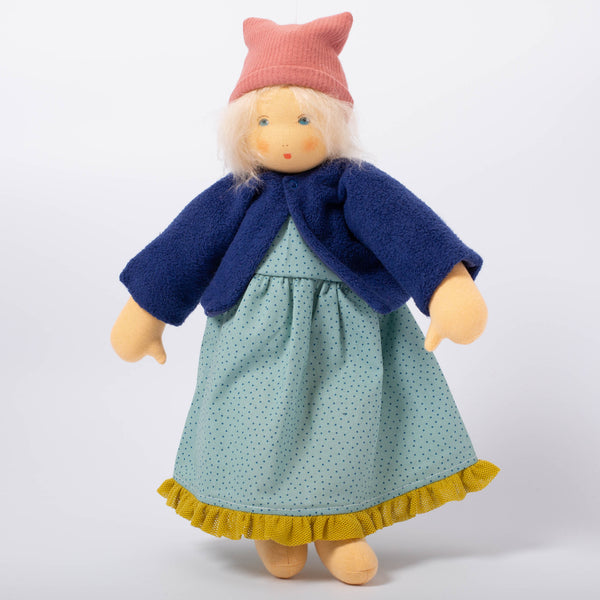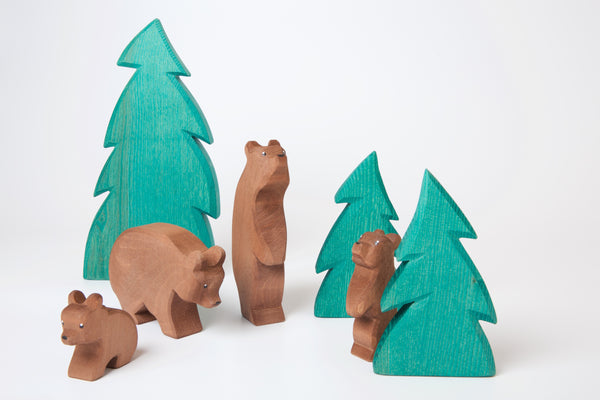Jargon buster: Montessori and Steiner Waldorf education
You may have heard of Montessori nurseries or Steiner kindergartens or Waldorf schools, but what does that really mean?
A little bit about the people behind the names
Maria Montessori (1870-1952) was an Italian doctor and educator who developed a method and philosophy of helping children learn. She worked with disadvantaged and disabled children and approached their education as a scientist.
Rudolf Steiner (1861-1925) was an Austrian academic who applied his ideas to education as well as agriculture, medicine, architecture and social reform. The first Steiner school opened in Stuttgart in 1919 for children of workers at the Waldorf-Astoria cigarette factory.
So if you see the names Montessori or Steiner Waldorf associated with a school or nursery you are interested in, you’ll know that they follow the educational approaches of either of those philosophers. Although their approaches are considered alternative, the settings will need to be registered with Ofsted and follow the Early Years Foundation Stage (EYFS) that all early years and childcare providers follow. Steiner kindergartens are exempt from some aspects of the EYFS.
Lots of the products we select for Conscious Craft fit into Montessori or Steiner Waldorf educational philosophies, so if your child goes to one of those early years settings, you’ll be able to stock up to provide continuity at home. Also helpful if you’re following one of the approaches for home education. Having said that, you don’t have to be following any or either of the approaches to benefit from our lasting, natural, sustainable wooden toys, organic soft dolls and craft materials! They are lovely additions to any family home.
Here are some of our favourite products and how they fit into the Montessori or Steiner Waldorf settings:
The natural world
Both Montessori and Steiner valued the importance of young children getting out into nature and being aware of the seasons. In Montessori nurseries, you’ll find children classifying animals and plants and learning about life cycles, to prepare for a scientific life. While in Waldorf kindergartens you’ll find children spending lots of time outdoors with an emphasis on working with natural materials, such as sheep wool, clay. They’ll also be discovering the connection between what we grow and what we eat. In both, there will be an emphasis on the rhythms of the day and the seasons.
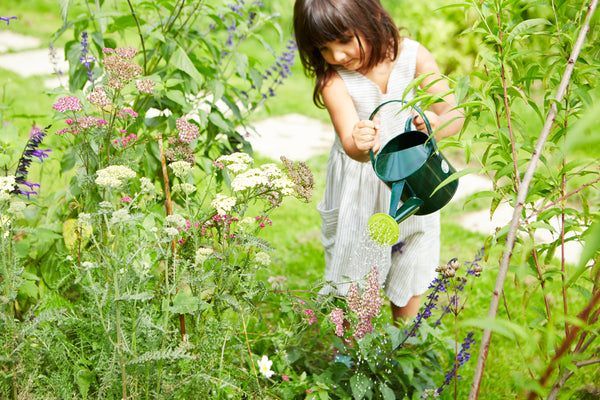
At home, try creating your own nature tables with treasures you find out and about on walks.
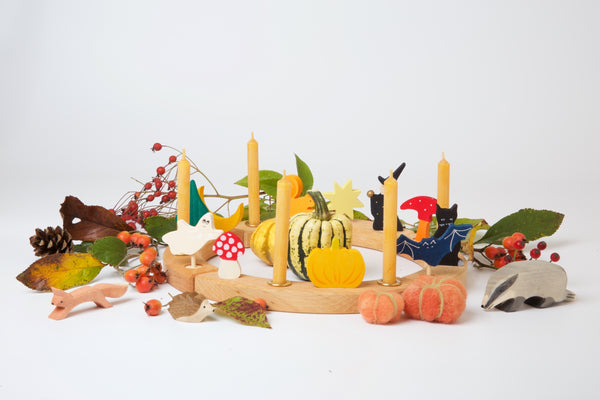
Check our Conscious Craft blog for plenty of ideas of things to make using what you find in nature.
Preparing for literacy and numeracy
This is where Montessori and Steiner Waldorf early years education differs. Although both philosophies will give children a good grounding in the preparatory skills needed for English and maths, they approach the skills in different ways. Both settings have an emphasis on hand crafts, which is good preparation for the fine motor skills needed for learning to write. In Montessori education, this is known as practical life activities and the aim is to develop useful skills. Whereas, in Steiner Waldorf education, it is about taking part in the human process of creative expression rather than focussing on the end product.
Montessori
Here’s a sewing board From Jennifer
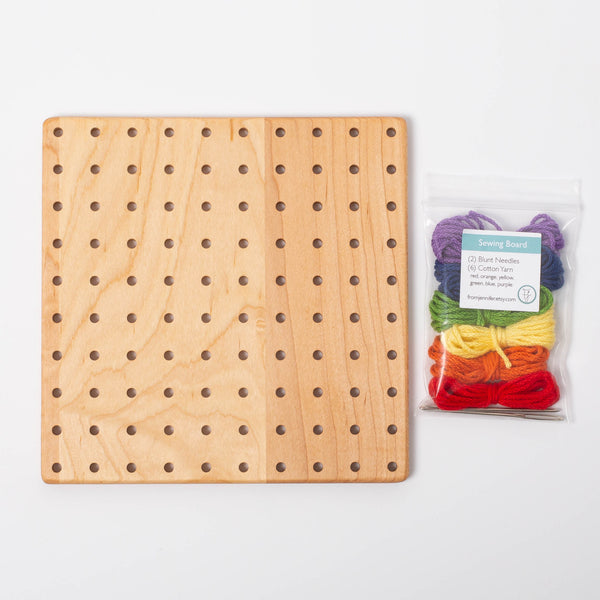
In Montessori settings, when they are ready, children start to practise tracing letters in sand or on sandpaper, in a very tactile way. Then, to feel the shape of the letters before they start to write or say the letters, they use tracing boards like this one:
They use their finger or a tracing stick to follow the path and feel the motion and shape of the letter to learn how to repeat it confidently themselves. They can also fill the letters with small objects such as dried beans and lentils, small shells or tiny coloured pom poms.
And this hundred frame is great for practising counting and understanding numbers:
Good for creating patterns, counting, maths equations, cardinal directions and more.
Steiner Waldorf
Children in Steiner Waldorf settings don’t do any work with letters until around age six or seven. The rich oral tradition and hands on activities help with the development of language and communication which also prepares children for literacy and numeracy. The focus on the early years is on giving children time to develop socially, emotionally and physically.
Creating soft cosy spaces in your home or building a den in the garden is a great way to foster communication skills in your kids. You can talk about building the den (what materials you’ll use and how you will build it; working through problems) and then tell stories or share a book in the den. Here’s a blog post on building a den.
Imaginative play
With the emphasis on practical life skills, some critics say that Montessori education doesn’t value or foster the imagination of young children. And in a Montessori early years classroom you’re unlikely to find a dressing up corner, dolls or a play kitchen. Montessori wanted the children to understand the world around them in a concrete way. She acknowledged that they use their imagination to be able to do this, but she didn’t encourage children indulging in fantasy, that is a world of fairies, witches and goblins because they would find it difficult to be in the here and now. However, Steiner encouraged fairy tales and fantasy to work through situations they have seen or experiences. You’ll find plenty of emphasis on imaginative play in Steiner Waldorf settings. One of the trademarks of Steiner education is the lack of definition in the dolls and wooden figures and the use of open-ended toys to encourage imaginative play. Whereas in Montessori education, every resource has a specific purpose, though children can approach them in an individual, creative, problem-solving way.
Real tools for children to do real work.
Waldorf dolls
Ostheimer wooden figures
Whether you follow a particular educational philosophy or approach, pick and mix from all of them, or follow your nose when it comes to choosing toys and activities for your children, enjoy browsing and playing with our Conscious Craft range of well-designed, lasting wooden toys, soft organic dolls and natural craft materials for children.
More about Steiner Waldorf education here.
More about Montessori education here.
